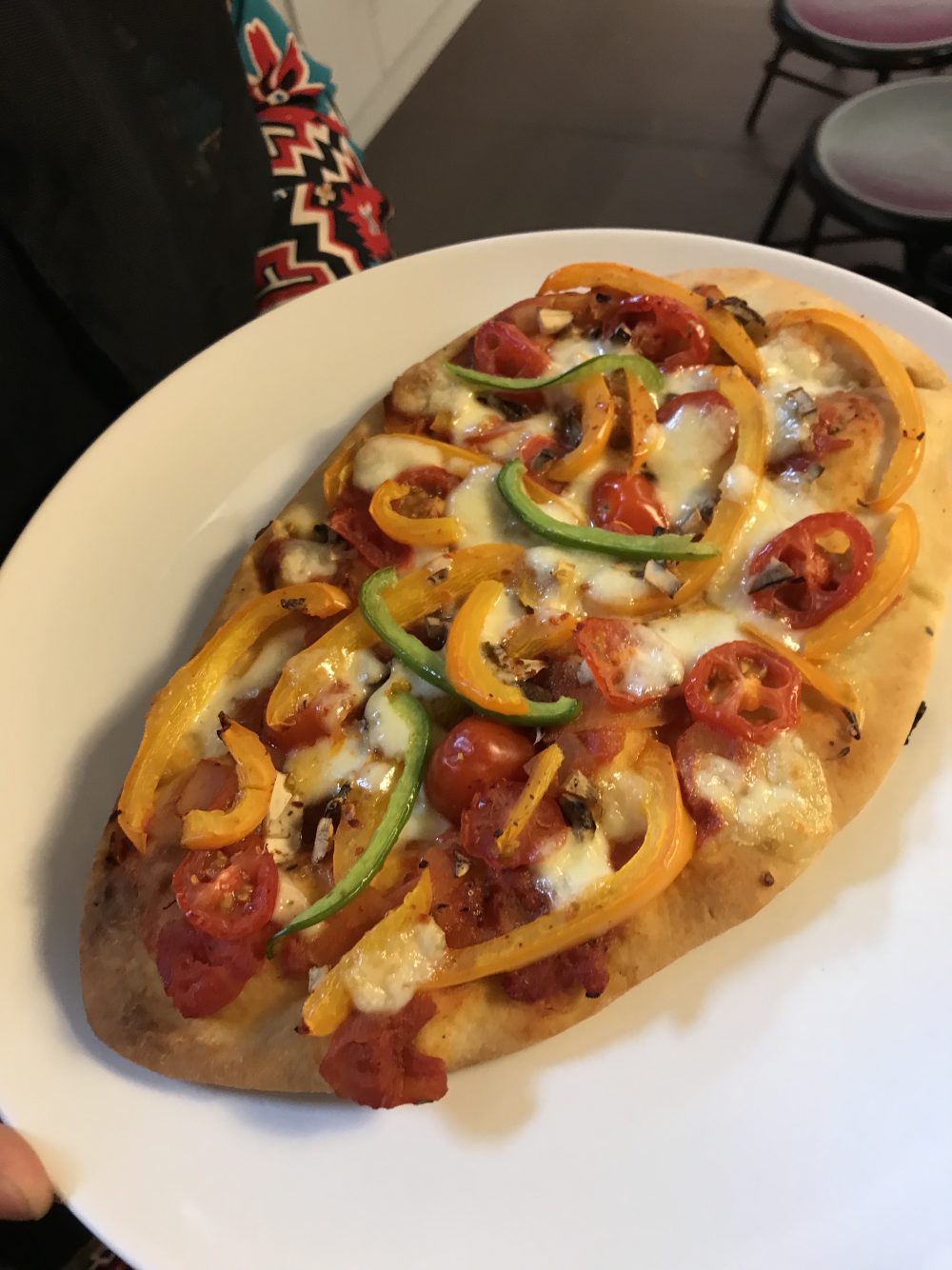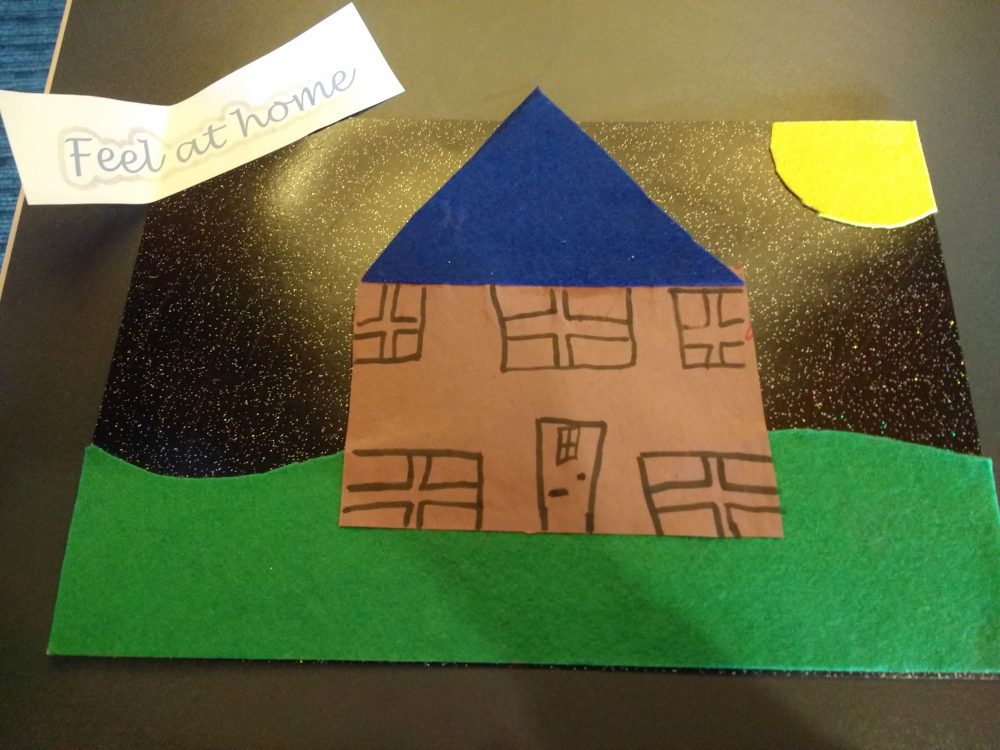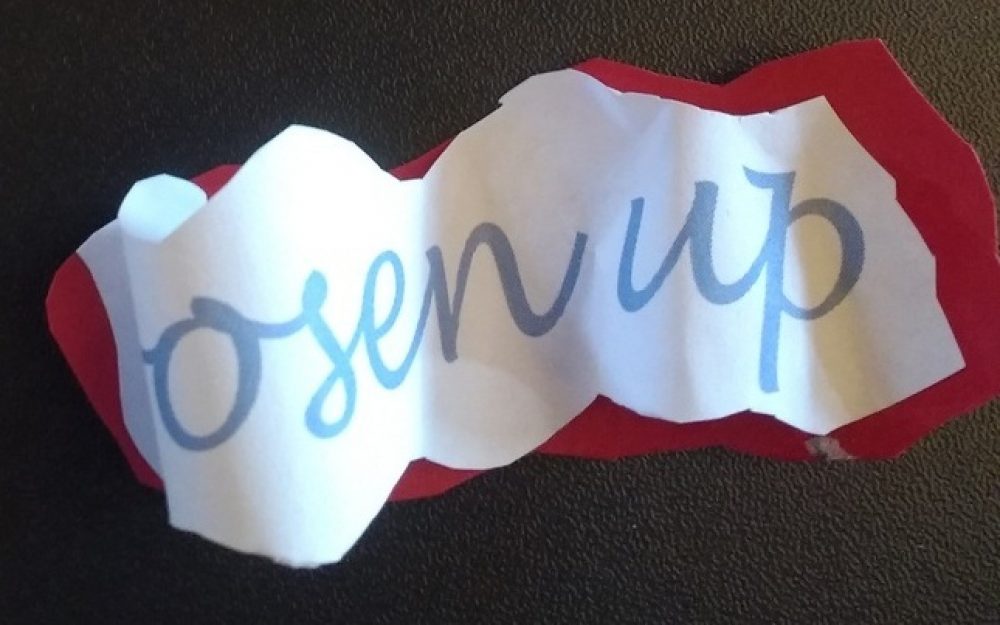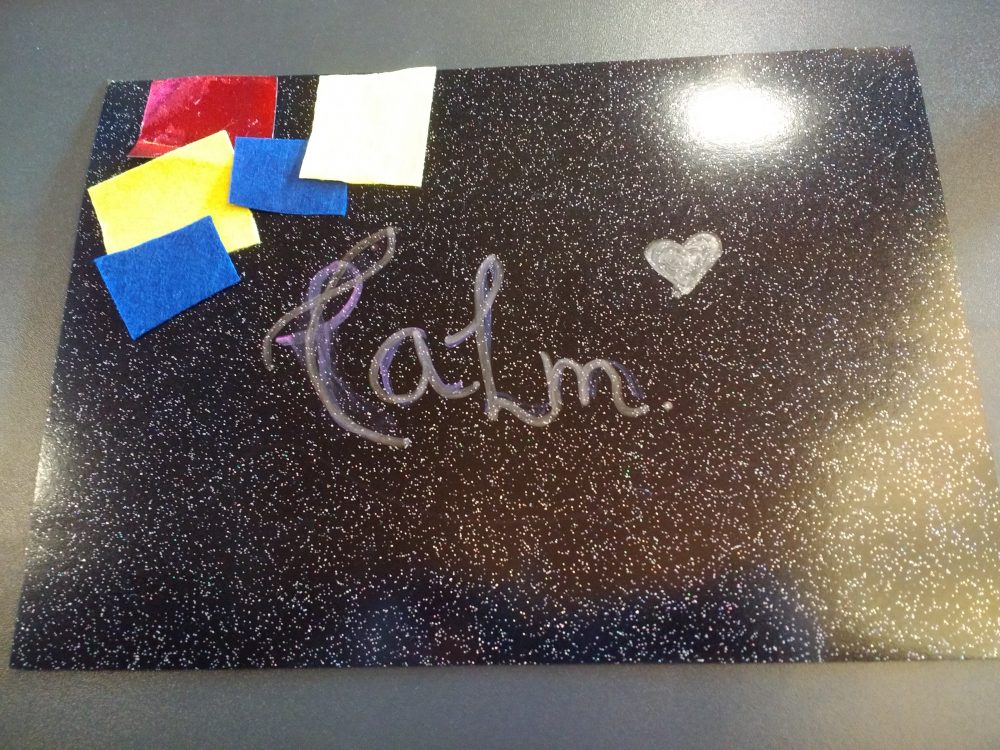You're on the Young People Site
Dedicated to self-harm recovery, insight and support.
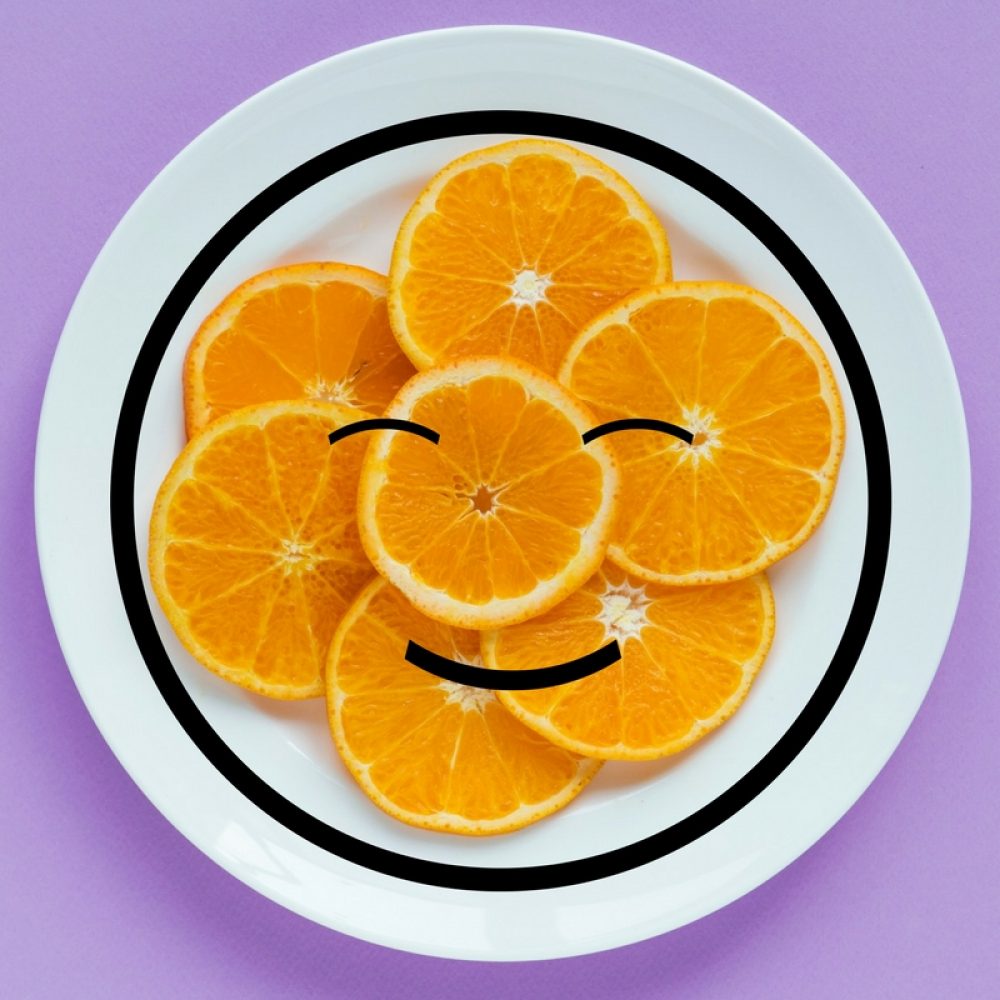
The blog post below was written by Sophie, a Graduate Volunteer at Youthscape working alongside the SelfharmUK team.
Have you ever noticed that you’re a little happier on sunny days? When you get enough sunshine, your body produces vitamin D3, which has been linked to emotional well-being. Did you know that it’s actually called the “sunshine” vitamin? It does loads for you – keeps your bones strong, helps cells grow, and helps your immune system.
Research into the effects of vitamin D has suggested that people who lack vitamin D are 11 times more prone to depression than the average person.
Because Vitamin D is important for brain functions, and we all have Vitamin D receptors in the same areas of the brain associated with the development of depression, a lack of it has been linked to mental health issues, such as depression, seasonal affective disorder and schizophrenia. The science behind this is conflicting – one theory suggests that vitamin D affects how monoamines, such as serotonin, work in our brains. Anti-depression medication works by increasing the number of monoamines in the brain.
There are even government guidelines on how much vitamin D you should be getting every day. Adults and children (a year old and above) should have an intake of 10 micrograms of vitamin D every day, and babies under a year old should have 8.5-10 micrograms every day, especially during the winter months, when the weather’s not as sunny. To achieve the daily recommended amount of vitamin D, you might have to take a supplement. Anyone at higher risk of vitamin D deficiency is encouraged to take a supplement all year round.
There are a lot of factors which go into how much vitamin D your body can produce, such as lifestyle, weather, and access to sunlight. According to Holland and Barrett, 90% of our vitamin D levels are made when our bodies get enough sunlight. You don’t even need to spend hours in the sun – just 10 minutes in bright sunshine should be enough to boost your vitamin D levels! And sitting inside by a window, or in a car, even in sunshine, doesn’t count because the glass blocks the UV rays.
So, the next time it’s a lovely day outside, why not go out and spend some time in the sun? It’s better for your body than you think!
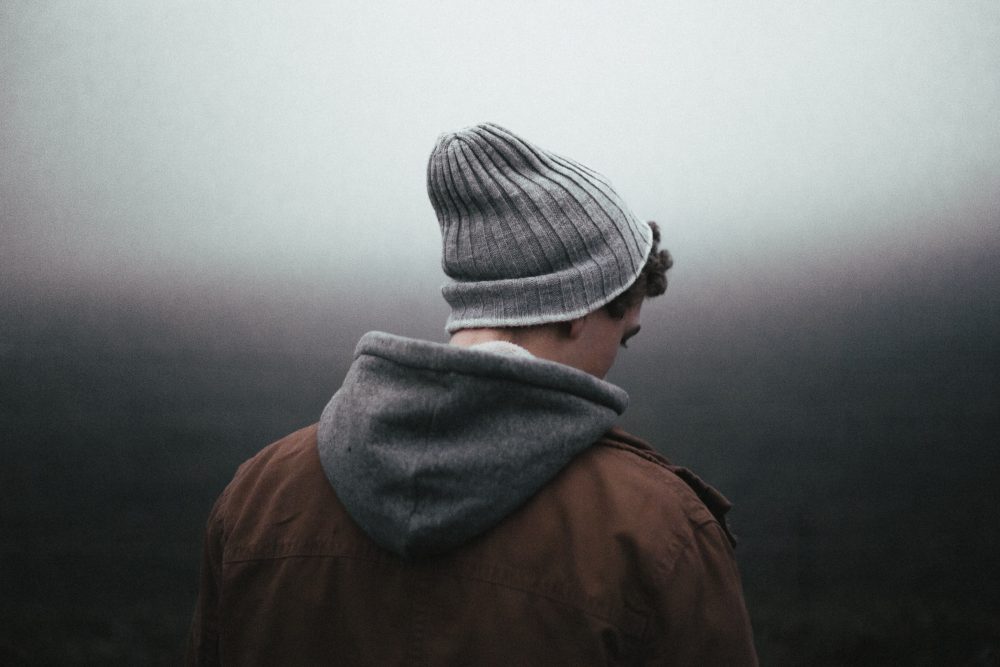
More young people than ever feel lonely. A recent survey by the BBC suggests that 40% of 16-24 year olds would say they feel lonely.
Most of us check our social media pretty often, and it looks like everyone else is having an amazing time doesn’t it? Pictures of them with friends at a party, on holiday with their family, chilling with friends that we don’t know, checking into the cinema with their partner…it looks like they aren’t lonely at all doesn’t it?
The reality is far from it – some people have many acquaintances to make it look like they aren’t lonely. They fill their lives with people who aren’t really friends and people they possibly don’t even trust much because they want to block out that feeling of loneliness.
Some people struggle to make friends and their online friends are the ones they talk to most because they can ‘pretend’ to be something they aren’t… but then end up feeling lonelier.
The common factor in the increase of loneliness in young people, is the rise in social media use because it doesn’t often create deep, meaningful friendships that are based on trust and shared lives. Ironically social media makes us feel lonelier, not less lonely.
So, let's look at some of the ways you could combat feeling lonely:
1️⃣ Seriously reduce your social media time.
2️⃣ Do something that creates connections with people face to face.
3️⃣ Find a hobby group – fitness, craft, music?
4️⃣ Eat with your family at mealtimes.
5️⃣ Say ‘yes’ to trying something new.
6️⃣ Connect with cousins, siblings, grandparents and wider family more.
There are lots of Organisations out there that offer opportunities to join groups or clubs in order to connect with other young people your own age. Do some research in your local area to find out what's going on and what you might like to get involved with.
If cooking's your bag - here at Youthscape, we offer something called Open House, which is a cookery project run by Gemma, our Drop-in Manager, and a professional chef! Over the eight weeks of the course you will learn to cook different dishes, improve your kitchen skills, and host a dinner for a disadvantaged group from the local community...
The aim of the project is to develop confidence in abilities, build relationships, integrate into our daily after-school Drop-in project, engage with a different group in the community, and through this become more connected, improve self-esteem, and begin to gain the skills that will enable young people to recognise and manage their feelings of loneliness and social isolation now and in the future.
If you are a young person aged 11-15 and living in Luton, why not get in touch with Gemma to find out more about our Open House project?
No one is to blame for feeling lonely: it’s not your fault, nor is it anyone else’s; so – this week; begin the journey to feeling less lonely.
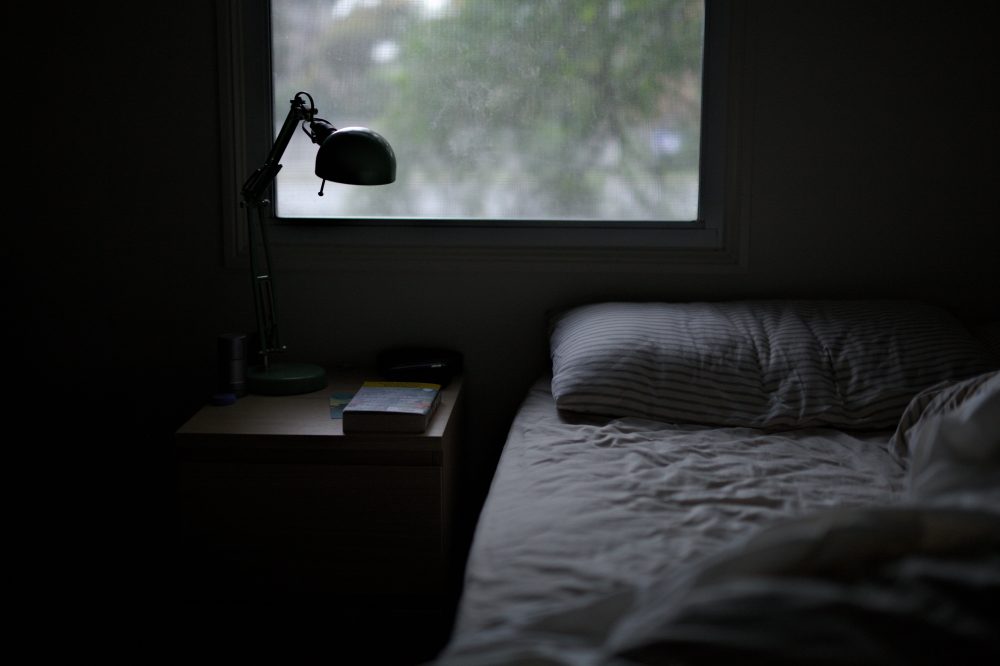
Some young Japanese men are refusing to leave their bedrooms and are choosing to withdraw themselves from society. The reasons aren't always very clear, but in Japan, it's known as hikikomori.
Hikikomori refers to the act of isolation, and to the young men themselves. The word translates as 'pulling inward' or 'being confined'. Often, a hikikomori's family are both ashamed and at a loss as to how to help their child. Some men have not left their own houses in over a decade!
Isolation and loneliness can have a major impact on our mental health. A scheme called 'Rent-a-sister' in Japan is being used to help these hikkomori men to begin to recovery from their reclusiveness. You can watch more about this here.
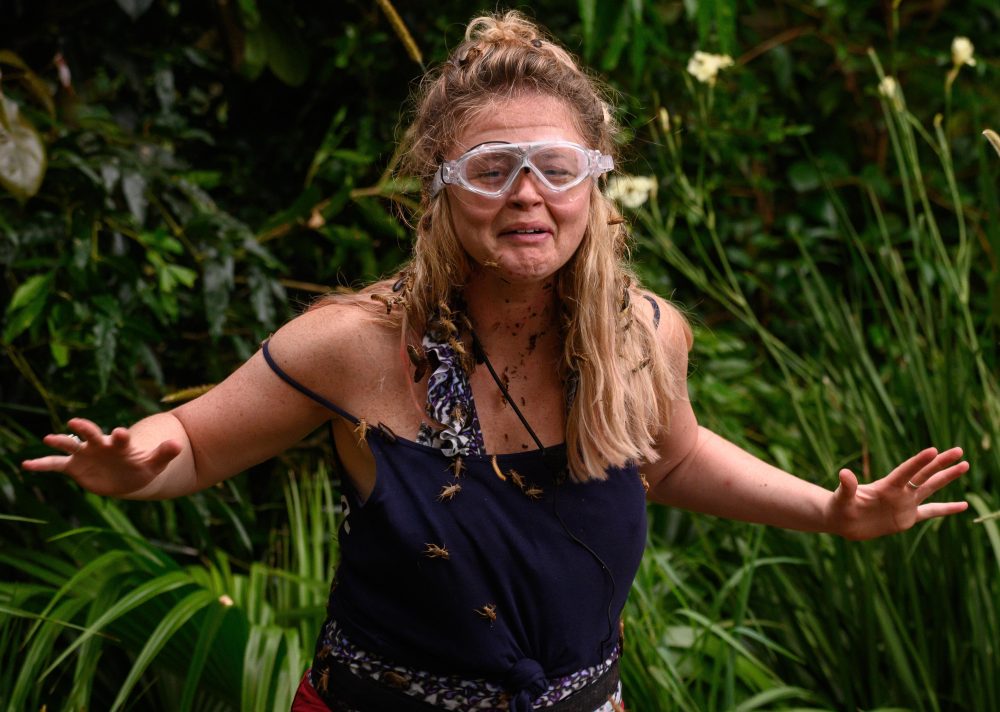
Who’s been watching I’m A Celeb this year? Every year, before the busyness of Christmas begins, this live, reality show appears on our TV screens most evenings for a period of about three weeks. Over that time, a lot of funny, emotional, disgusting and jaw-dropping things happen…
- We meet the 10 celebrities that (for some insane reason) have decided to take part.
- We see them attempt to win challenges (or Bush Tucker Trials as they are called on the show), in order to win meals for their camp mates. (These include eating and drinking insects and ‘interesting’ parts of animal’s bodies; being submerged, buried or locked in with different types of insects, reptiles and rats; being blindfolded and swinging from great heights via ropes. So, nothing too intense!)
- We vote for which celebrity we want to do each trial (usually the one that says they are the most terrified).
- Then we vote for the celebrity we want to be crowned King or Queen of the jungle - and this is usually based on how funny, emotional, disgusting and jaw-dropping the things that happened to them throughout their time in the jungle were.
This combination of funny, emotional, disgusting and jaw-dropping moments not only make for great TV, but also make for quite a transformational journey for many of the celebrities that take part.
This year, Emily Atack (an actress from The Inbetweeners) came into the jungle feeling unsure of who she was and where her life was heading. On her first day, she faced her fear of heights and jumped straight out of a plane, skydiving thousands of metres onto a beach!
By her fourth day in the jungle, Emily was using her acting skills to make her fellow camp mates laugh, by doing impressions of celebrities like Dani Dyer and Gemma Collins.
On her ninth day, Emily found herself screaming and sobbing her way through a terrifying challenge that saw green ants crawl into her MOUTH!? (Can’t say I blame her.)
In fact, the more time Emily seemed to spend in the jungle, the more fears she faced, the more obstacles she overcame and the more confident she began to become.
Her time in the jungle gave her a sense of self-acceptance.
After leaving the camp, Emily said that she worries constantly about things at home and she’s feels as though she has now learned to accept who she is. “I’ve just learned to accept this is my skin, this is my hair and this is what I look like!”
Emily went on to say that she will never ever doubt herself ever again. She said “I spend my life doubting myself, telling myself that I can’t do things and that I’m not good enough for things. But I just learnt I can survive in a jungle, so I feel I can do anything!”
Emily learnt a lot about herself during her time in the jungle. What we can learn from her experience is that the more we are out of our comfort zone, the more we grow and learn about ourselves.
So what could coming out of your comfort zone look like for you? Well it definitely doesn’t mean that you should go camping in the Australian jungle for 3 weeks and start eating insects. But it could mean that you finally ask a teacher for extra help with that subject you are struggling with; or that you do go to see your GP to talk about your self-harm.
Whatever it is, accept yourself for who you are and for the things you are struggling with, and you’ll probably find that other people will be really accepting too…

PS. Emily was also born in Luton, Bedfordshire which is the home of Youthscape and SelfharmUK!
You can watch Emily talk about her jungle experience here...
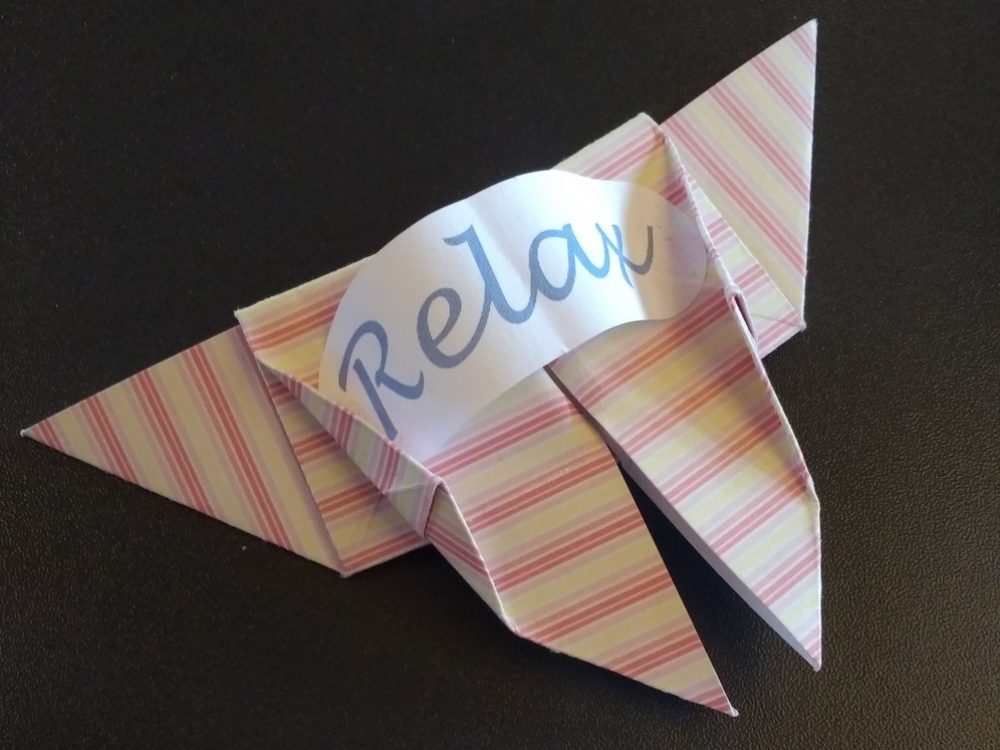
Last week at drop in was ‘relaxation week’. What’s drop in and why was it relaxation week we hear you ask? Well, drop in is basically what we call our after school club for young people. Every week night from 3.30pm until 6pm, young people from Schools all across Luton come and hangout here at the Youthscape building as soon as the bell rings for their final class. When they arrive, they usually head straight for the PlayStations, the pool table or to buy themselves a milkshake or a toastie! But that’s not all there is to do.
Every week, we have a different theme a drop in. The idea of each theme is to offer advice and to encourage young people to reflect on what that theme means to them and their life. To do this, we often set up activities and games based around that theme. For relaxation week, we were specifically looking at:
- Why rest and relaxation are important
- Different ways to relax and look after ourselves
- Relaxing physically, mentally, and spiritually
One of the activities we invited our young people to take part in order to explore what the word ‘relaxation’ actually meant, was collaging. If you search in a thesaurus, you’ll find that there are lots of words and phrases that mean ‘to relax’. ‘Unwind’, ‘loosen up’, ‘calm’, ‘sit back’ and ‘feel at home’ are just some examples. Can you think of anymore?
Using these words and phrases, we asked young people to pick the one that resonated with them the most, and to create an image or collage that visually represented how they interpreted it. Here’s how they got on…
👆 Some chose to create images that related to their lives specifically, by drawing their house or showing how they relax by sleeping.
👆Others made images that were very literal of the phrase they were trying to represent.
👆And some were a lot more abstract and emotive.
Whatever 'relaxation' means to you, make sure your taking time to look after yourself. This week, it's half term here across the Schools in Luton. We really hope our young people found this relaxation activity helpful as they prepared to take a break from their studies. If you wanted to try this activity at home, all you need is some bits of coloured and patterned card, some glue and some scissors. What does relaxation mean to you? 😊
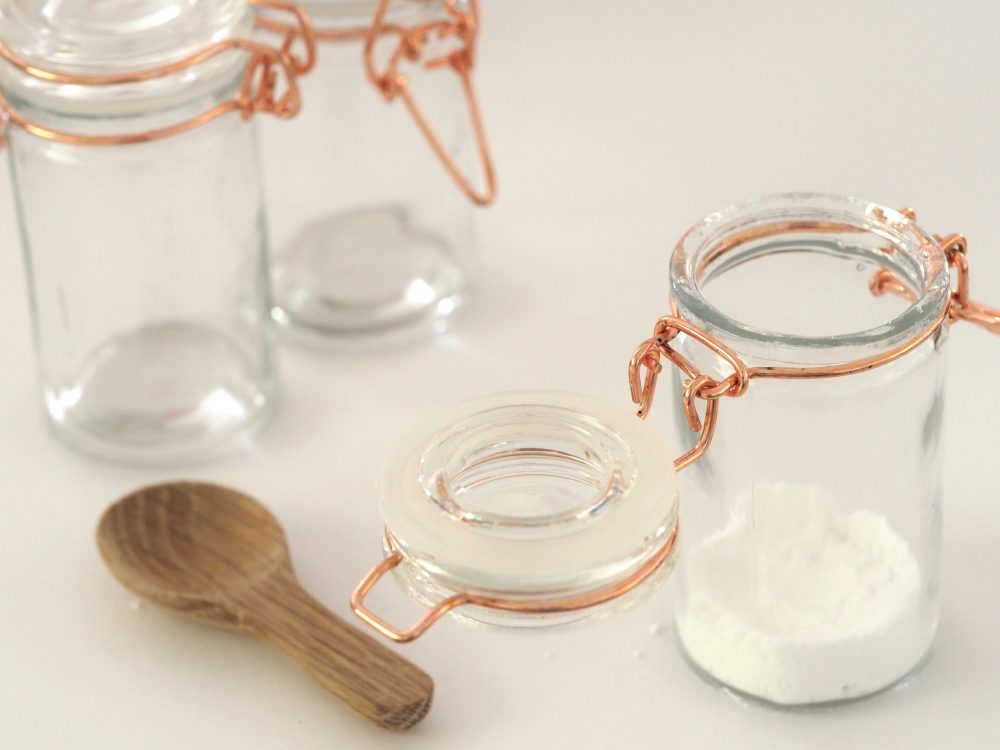
The blog post below was written by Helen. She hopes you find it helpful.
Happy National Baking Week everyone! If you’re a fan of the Great British Bake Off, understand what a “soggy bottom” is and want to know more about how baking can help your wellbeing, then this is the blog for you!
Let’s start with what even is National Baking Week? You can find some information about it here… sure it’s sponsored by Pyrex and really what they want is for you to buy their products. BUT, it is also a celebration of so much more, the art of home baking, family time, creating something from scratch, and being able to gift your friends with a yummy treat.
The real push for the day is about the importance of family, especially time together. My dad taught me to cook, but my mum taught me to bake, she would always ask my siblings and I if we wanted to help her when she was getting ready for a bake sale or a birthday. She would let us choose our birthday cakes from her special books, for my 7th birthday I had the most spectacular Snow White cake, alas it was decorated with marzipan which I discovered that day I didn’t like. Any way, the point is in my home baking was something we did as a family, whether it was helping by measuring ingredients or by licking the mixers we'll got stuck in.
As an adult I still love to bake, I don’t have any kids to bake with at home but I do, occasionally, teach the young people I work with how to make something yummy. I also love to bake for my friends, family and colleagues (around the office my banana bread is legendary).
Most of the time though I bake for me. I don’t really like cakes, but I love to make them. The smell of something freshly baked is one of the most heart warming smells there is for me. I love the process of looking at a recipe, following instructions, weighing things out, mixing, and waiting. I also love to tweak recipes so that they become my own, or for my gluten free friends or my vegan friends. The whole baking process is really soothing for me.
When I see the doctor about my mental health they always ask what I do that helps, and for me, baking is always in the top 3. I adore that it makes people happy and that it gives me a boost. But mostly, I find it is really helpful in calming me and helping me stay focused. When it seems like everything is a bit too much, baking helps me put order back in the world, it helps me make sense of things. When I feel lonely or sad it helps me think of all the people I can bless with my baking. Even watching GBBO fills me with joy at seeing other people doing wonderful things with the things that I love.
Baking might not be for you, but I challenge you to give it a try and see if it helps you on a bad day. Below I’ve included the recipe and the equipment you will need for my banana bread, including additions to make it gluten free and/or vegan (which I often have to do) - it’s still yummy I promise!
Equipment:
- Hand mixer
- 2lb loaf tin
- Large bowl
- Tablespoon
- Teaspoon
Ingredients:
- 55g baking margarine
- 200g caster sugar
- 3 ripe bananas, mashed
- 1 egg (if vegan use 4 banana's and 3 tablespoons of golden syrup instead of an egg)
- 2 tablespoons golden syrup
- 250g self raising flour (gluten free flour requires an extra table spoon of syrup, or if not vegan an extra egg)
- 1 teaspoon baking powder
- Preheat oven to 160
- Honey
Mix the margarine and sugar, then mix in mashed banana's, syrup and the egg (if using). Once nice and gloopy sieve in flower and baking powder and then fold it all in. Put it in a tin then in the oven, after half an hour turn the oven down to 150 and leave in for another half an hour.
Leave to cool for 10 minutes, then prick the top with a fork and drizzle a spoon of honey on!
Simples.
Now on your marks, get set...

In this article, SelfharmUK Web Manager Jess chats to colleagues Jo and Helen about mental health and being a teenager for #WMHD
SHUK: Who are you and what do you do at SelfharmUK?
J: I am Jo, I run the Alumina programmes most nights of the week. And this is a photo of me when I was a teenager...
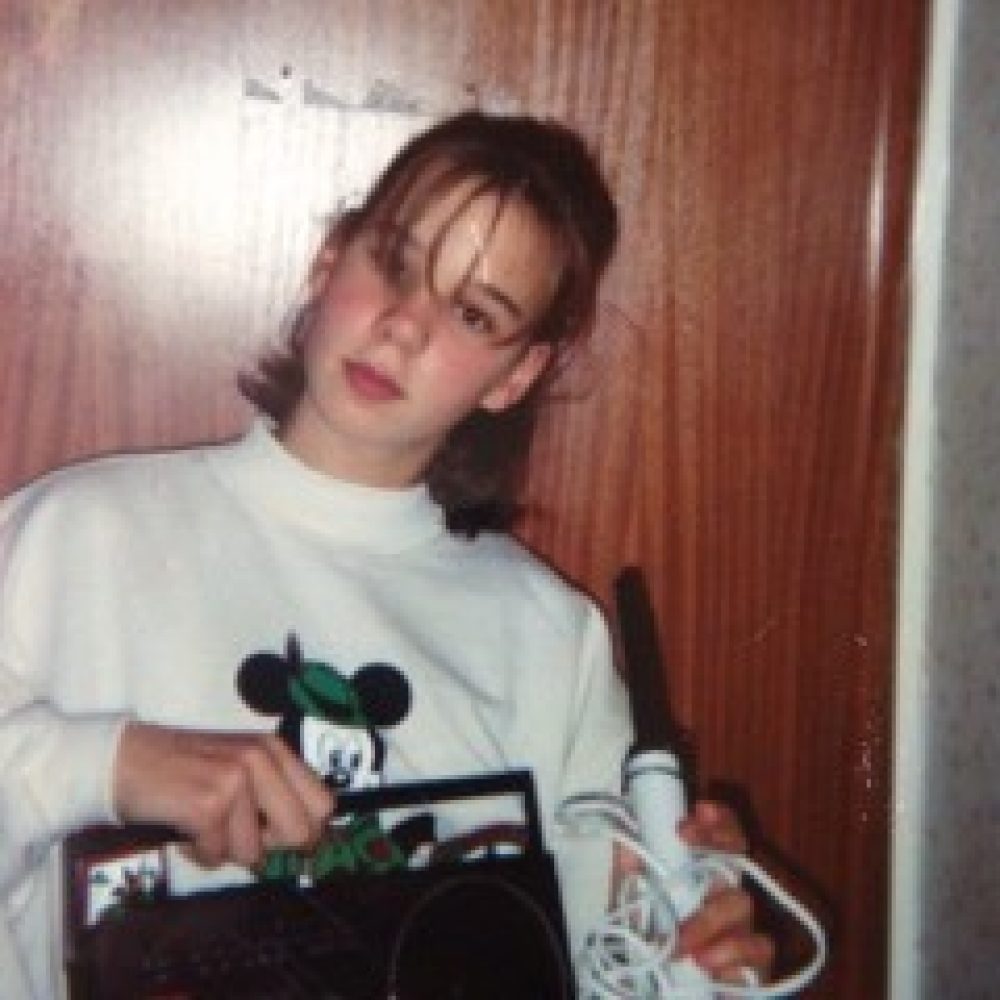
H: My name is Helen and I head up the emotional and mental wellbeing work that we do in Luton, this work feeds into what we do with the website and gives the young people of Luton a voice in what we do. I also deliver training and give lots of talks on mental health. This is a photo of me when I was a teenager...
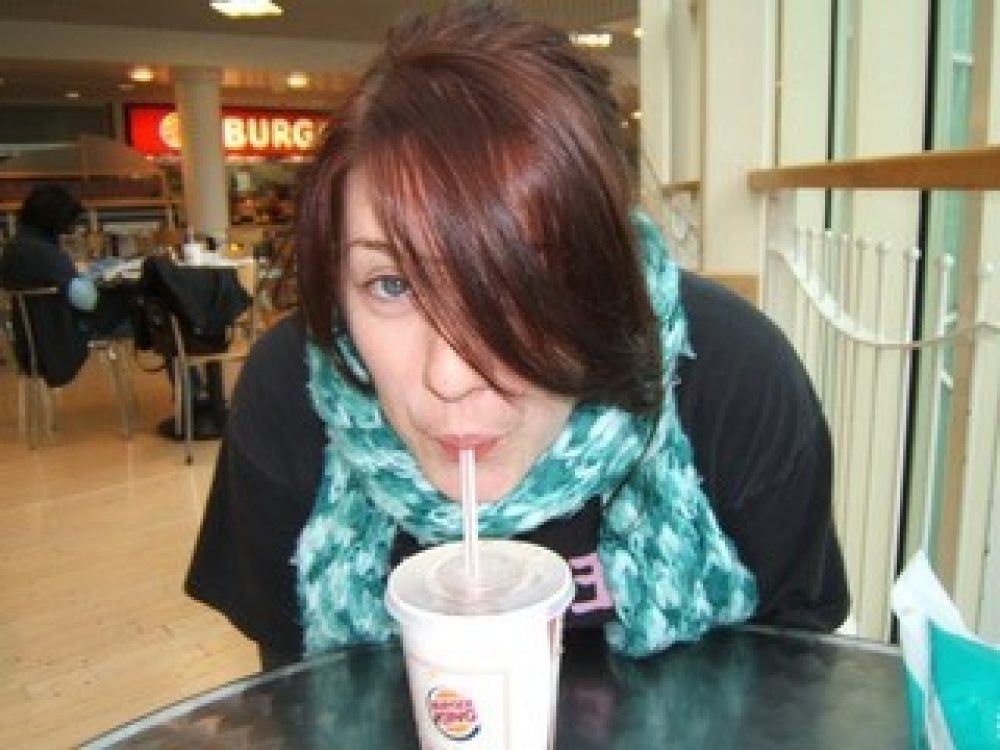
SHUK: How has your understanding of the importance of looking after your mental wellbeing changed from when you were a young person?
J: I didn’t have a clue about it as a teenager; I was told it was attention seeking behaviour if you were down, sad or angry. Now, because i have struggled with anxiety and depression at times, I understand that that is so far from the truth.
H: When I was a teenager and you were struggling with your mental health it was put down as "hormones" or "attention seeking" because of this I didn’t understand that your mental health was something you had to look after and just thought it was something you had to be ashamed of. Now I know it is just as important as looking after my physical health, I go to the doctor for my asthma, which means that I also go to the doctor when I’m struggling with stress or anxiety.
SHUK: What do you think was your hardest life change as a teenager to adapt to?
H: Being noticed maybe? Every few years my mum would have another baby and so I just spent a lot of time feeling lost and unimportant. Especially as three of my siblings were in school with me and they all had better grades and didn’t get into trouble like me. I felt like an outcast at home and in school and with my friends.
J: For me it was bereavement. My best friend was killed in a car crash and I lost my much loved grandma all within a month. Loss effects our mental health greatly, I just didn’t realise how much when I was 12.
SHUK: What do you think is the hardest change for young people to adapt to now a days?
J: I think social media plays a huge part in how we feel about ourselves; how we want to look perfect and look like we are having fun because we believe everyone else is. I know it’s not true as everyone is struggling with their own stuff, also trying to make it look like they are having an awesome time. It is hard to turn away from social media.
H: I think the change from being a child to an adult, it’s hard to adapt to when you are expected to be an adult and make adult decisions (such as choices about your future) but at the same time being treated like a child and still dealing with the physical changes of becoming and adult.
SHUK: When you were having a bad mental wellbeing day at School, what did you do? Was there someone you could tell? What did they say? Did you tell your friends? Did they understand?
J: I struggled to talk about my feelings when i was a teenager as my family didn’t encourage us too so , I didn’t tell anyone until I was in my late teens about how hard i had found certain things. I regret that now, which is why I do my job: I know the value of someone listening to you.
H: I didn’t really have anyone to talk to. I would yell at people or walk out of lessons or get in fights. When I expressed how much I was struggling to a few of my friends they would call me a "psycho" and would walk away from me until I was “normal” again. I just felt ashamed.
SHUK: What advice would you give to young people struggling with any aspect of their mental wellbeing?
J: Find help - whether that’s through a friend, parent, counsellor, online safe place (Childline, The Mix or Young Minds) - and begin to explore why you feel like you do. Don’t stay silent, there’s people who want to help.
H: Ask for help, people are much more understanding now, it’s not something to be ashamed of and there are loads of different places you can get help from, online, in person, over the phone and more (as Jo has mentioned above). Also find healthy ways of expressing how you feel, art, music, baking, writing, working with animals. Mostly be kind to yourself.
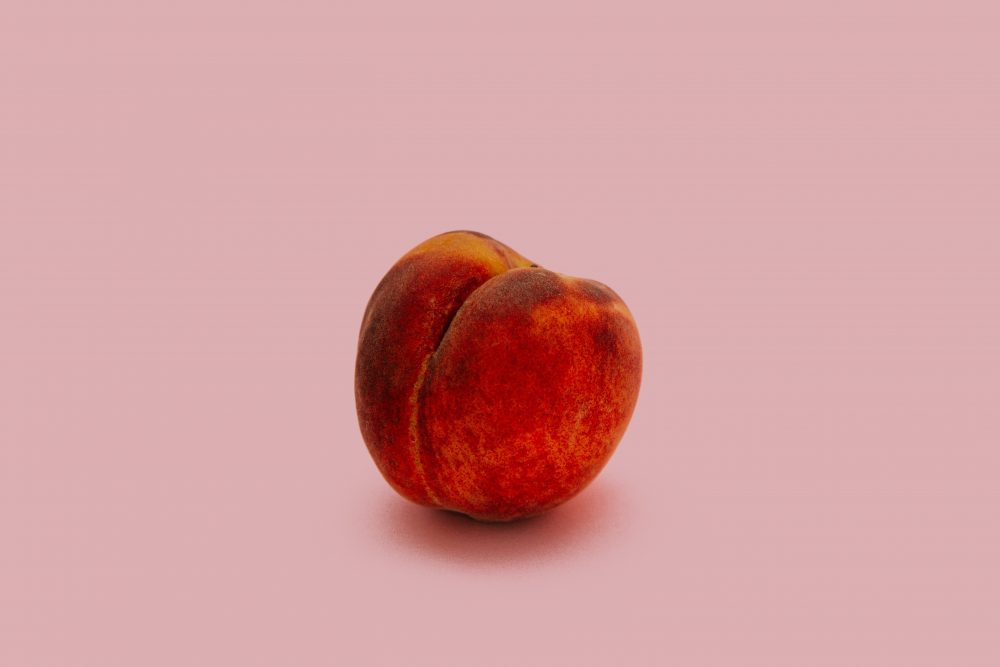
What have all these people got in common?
· Matilda
· Charlie
· James
· Sophie
· Danny
Yup, they are all imaginary characters, from the imagination of Roald Dahl. None of them are real, none of their lives are real. And yet…
They are orphans, sufferers, victims of bullying, often worried, scared and voiceless, strugglers who undergo changes to become the heroes of their own destinies.
Don’t we sometimes wish we could have that one person who encourages us, inspires us and help us, a magical person to guide us through our trials and pains?
Of course, you know that real life doesn’t have magic, Big Friendly Giants nor gigantic peaches that we can fly away on.
It does, however, hold real life catalysts: people who can help us become more of the person we want to be. These catalytic people are people who listen to us, who help us deal with the daily challenges we face. They might be a friend, a family member, a teacher, a counsellor, a CAMHS worker.
They aren’t magicians, they can’t make everything better, but, if just for 10 minutes a day, they make you feel like you can do this, then they are your BFG or Miss Honey.
Find your Miss Honey today!

This week was the start of Autism Awareness week (March 26th 2018) – many people know someone who has autism, and some of us are what is called ‘on the autistic spectrum’.
So, what does this have to do with self-harm? Loads! A very high rate of young people with autism self-harm, many of them girls who aren’t even aware they have autism.
Autism means struggling to deal with emotions and social situations, and finding verbalizing these struggles very hard. Most often we hear about autism in it’s most ‘severe’ form – non- verbal people who have complex needs: however, this makes us over look young people who, while they might be very bright, struggle to articulate feelings and emotions.
Thousands of girls (with autism or undiagnosed autism) will be in mainstream schools and coping (outwardly) fine: however, inwardly the story might be different. Feeling like you don’t fit in? struggling with friendships? Unable to express yourself verbally? Possibly a perfectionist who can’t cope if life doesn’t go perfectly? Not able manage when routine changes? Can’t always understand people’s facial expressions? Feeling such strong feelings and intense emotions?
Autism has no definite set of symptoms and no one person experiences autism the same as another. Check out these women whose stories vary but all have autism and are all very successful, kind and bright...
If you want to find out more look at www.nas.org.uk for more information on understanding autism.
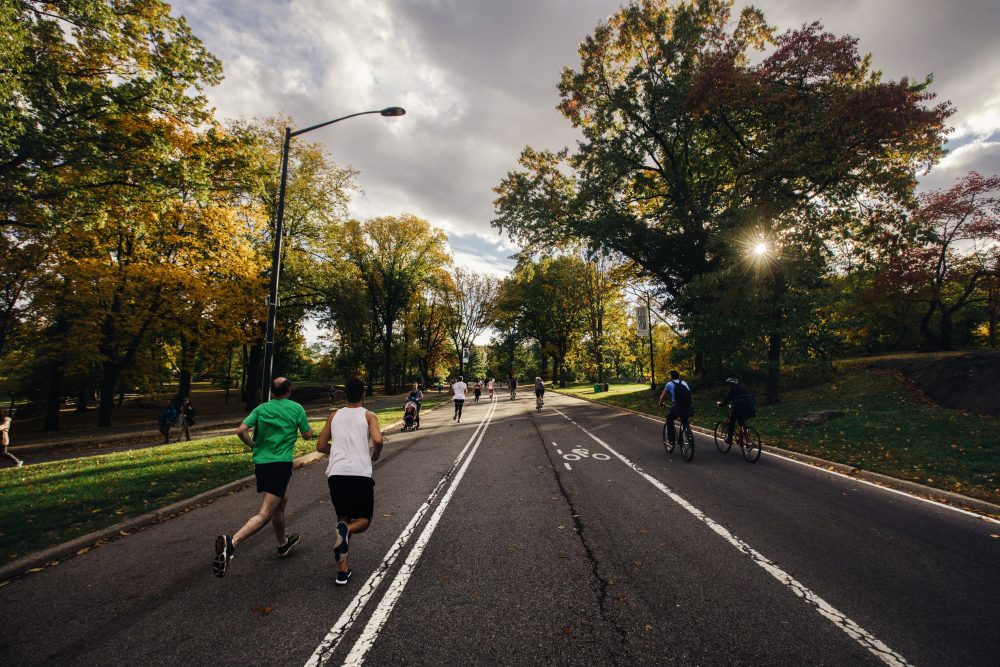
Hey, I’m John and I’m a local pastor in Luton. On the 29th October I’ll be running the Luton Half Marathon to raise money for SelfharmUK. Here’s why.
I was in the cafe part of our church just a couple of days ago. I was chatting to one of our regulars and they were telling me about their childhood. He said because of pressure and home and at school, he began to resent who he was. He felt extreme anxiety when he went out to meet with people and felt like it took longer and longer to put on his “happy mask” when he he went outside. He said he began to self harm early in life because it was easier to release the tension in his body than it was to release the tension in his mind.
On one hand, his story isn’t the first I have heard. I think many people I know could talk about someone they care about who might self harm or who might have experienced in a friend or family member. On the other hand, every single story makes me stop and catch my breath. It’s not normal, and it shouldn’t ever become normalised. Something is very wrong here.
I don’t want to pretend I know all about the problem. I don’t. It’s big and complex. But I want to raise as much cash as I can for SelfharmUK because they believe in young people living full lives. They believe that the next generation could grow up to love themselves and their Alumina programme is making a huge difference in the amount of young people who can access help and support.
I’m not a very good runner and this run has cost me hours of training, hours away from my family and I have often come home feeling that little people have been punching my legs. But we are excited about trying to reach a big target. So SelfharmUK and I would appreciate all the donations and social shares you can offer us. Also, if you are in Luton on 29th October, come out and support with a bag of jelly babies!
You can sponsor John here.
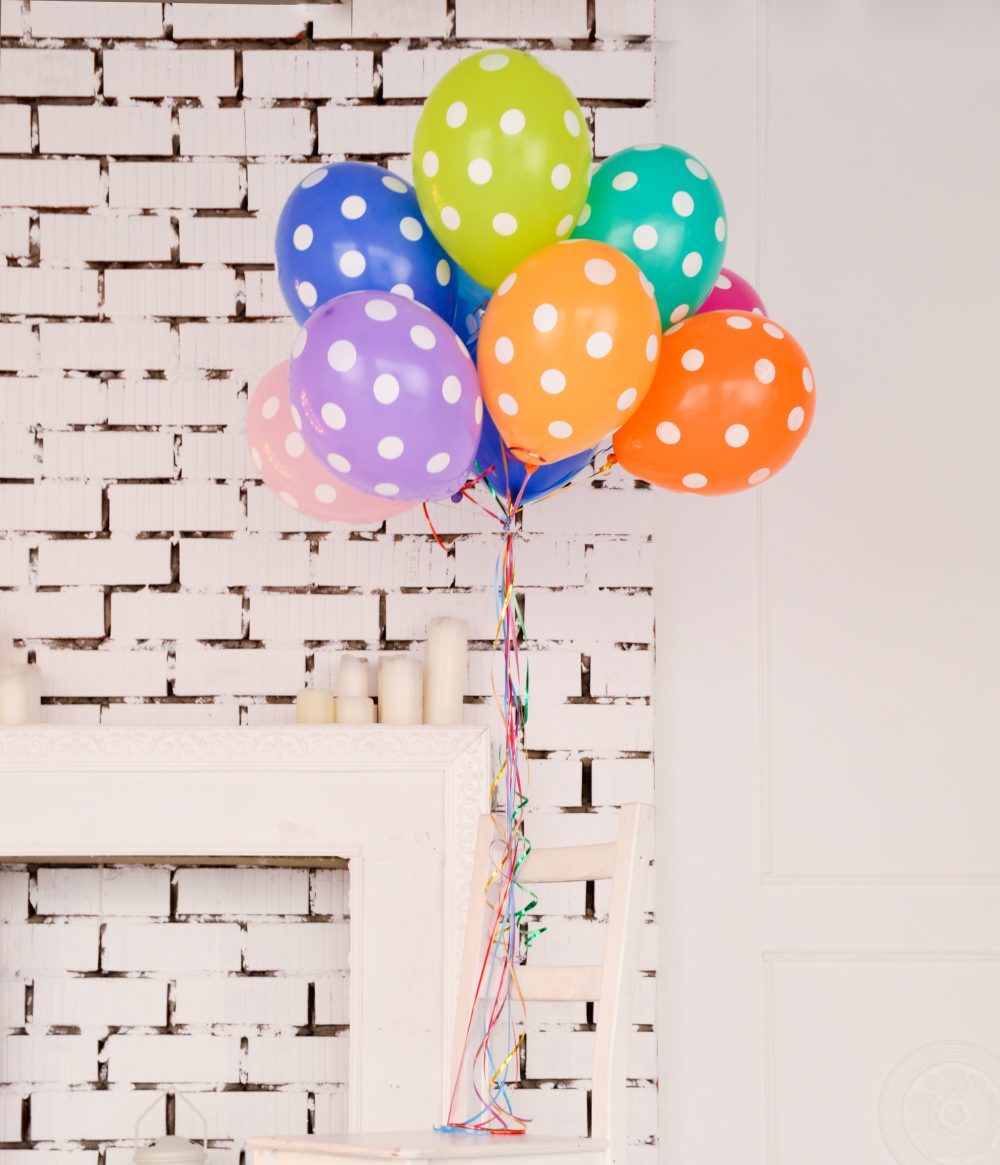
Welcome to our brand-new website! We are so excited to be sharing with you all the weeks and months of work we have been doing to try and get this right. The first thing that you may notice is that we now have three very specific areas for the main people that visit our site. This is so you can feel totally at home sharing any stories or questions you have, knowing that parents and professionals won’t see it. Please be aware if we are really worried about you we may need to pass this information on.
To post content and to see what other people have posted you must be logged in, you can do this by clicking the register button and filling in the form that follows.

Please give us honest information, we may need this in the future to help keep you safe.
We want you to feel at home here, we want to try and help you build a safe online community that helps you begin to share how you are feeling about your self-harm and meet other people who can help you in this journey. Sometimes we will comment on your posts, but overall, we want you to have the space to help and support each other where you can.
The site is broken down into different places for you to get the help and support you need we have our main chat space where you can upload appropriate pictures, questions and tell us your story. When you post on that page you get to choose your colour background, your font and picture so it feels more personal to you.
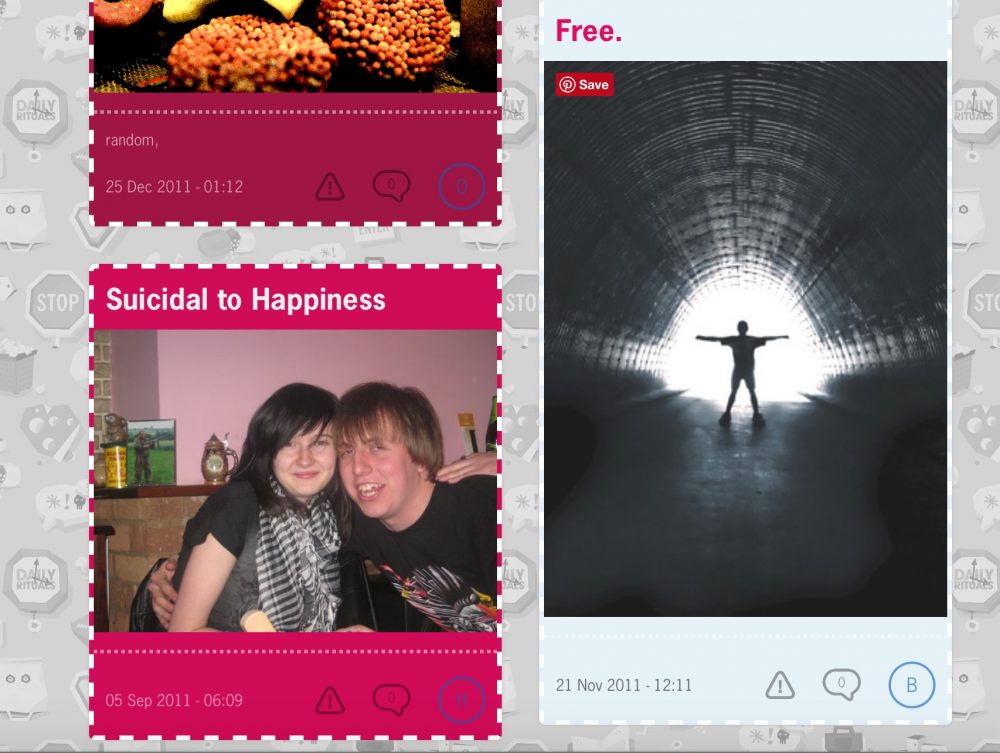
We want you to feel supported in your times of crisis and have somewhere to take your concerns and fears when you feel lost and alone. This main chat forum and space is for you to help and support one another. This will be monitored, please remember we are all about pro-recovery here so be sensitive and supportive to everyone needs.
We will also be hosting live chat sessions where we will look at a whole series of topics from anxiety to LGBTQ+ to depression and many more. These sessions will start on the 1st November 2017 at 7pm. They will run for approximately 30-40 minutes and will be held once a week on a Wednesday evening. These are completely informal and will be hosted in a chat room format. We would love you to come along when you can. You can find the links to these chat rooms and a little bit about what we will be discussing that week under the help button on the main page of our website.

Finally, when you are ready we have our weekly support group called Alumina, you can find information about this and sign up under the Alumina tab in the main menu. This is a more intentional form of support and we would love to welcome you when you feel ready.
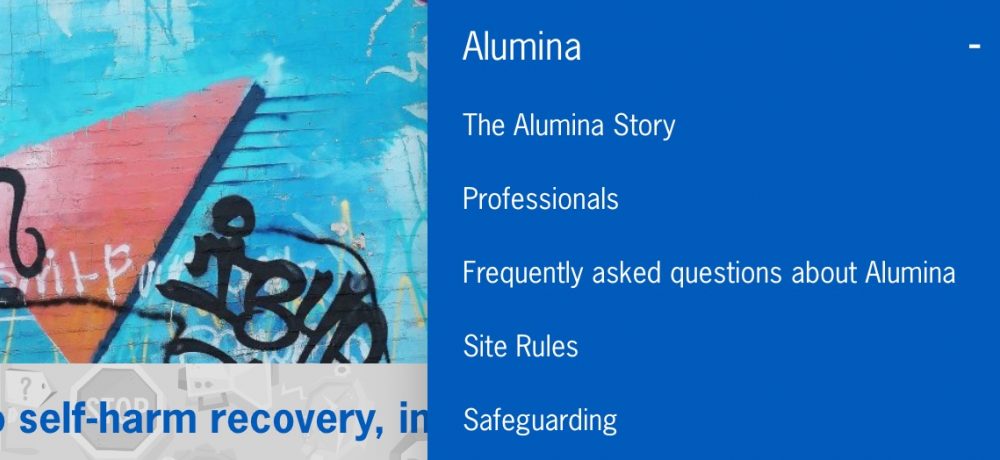
If you have any questions, concerns or suggestions please contact us at info@selfharm.co.uk and we will try and see if we can help. We really want you to feel supported in this journey and have the space to share your experience. Be sure to follow us on Instagram and like us on Facebook.
Love,
The SelfharmUK Team x


